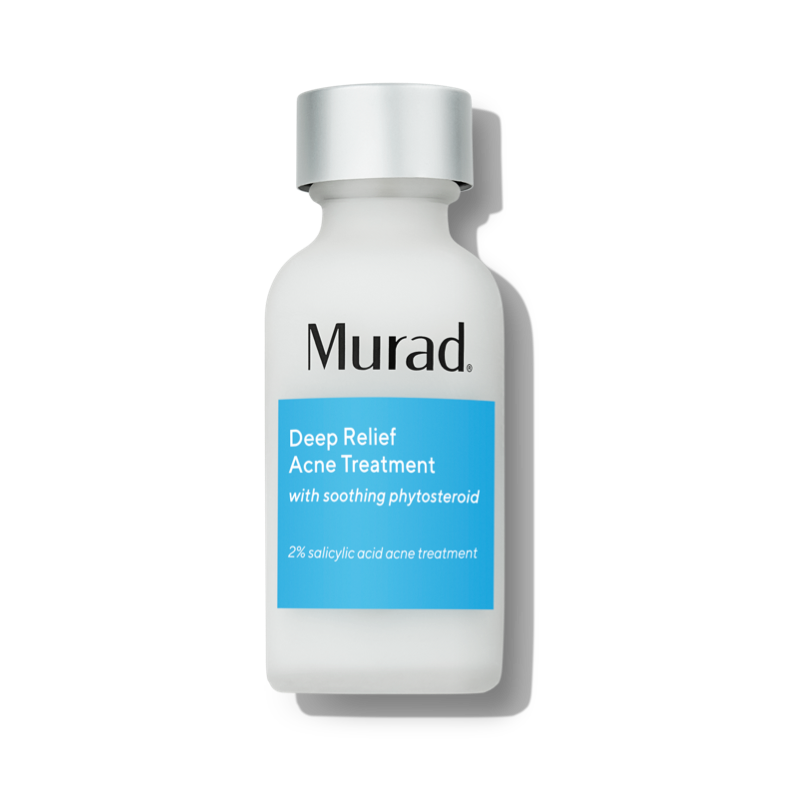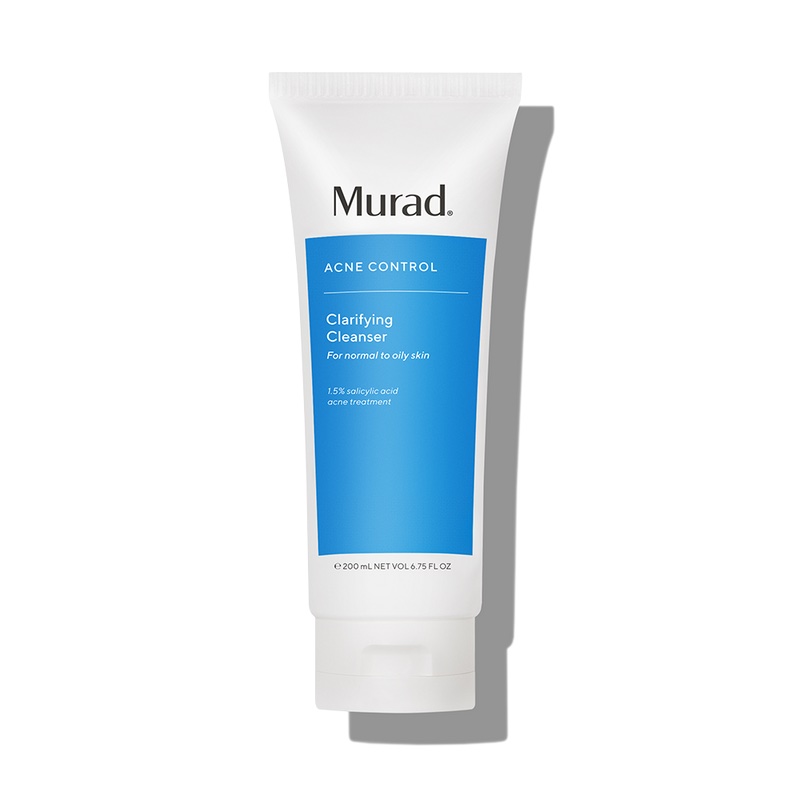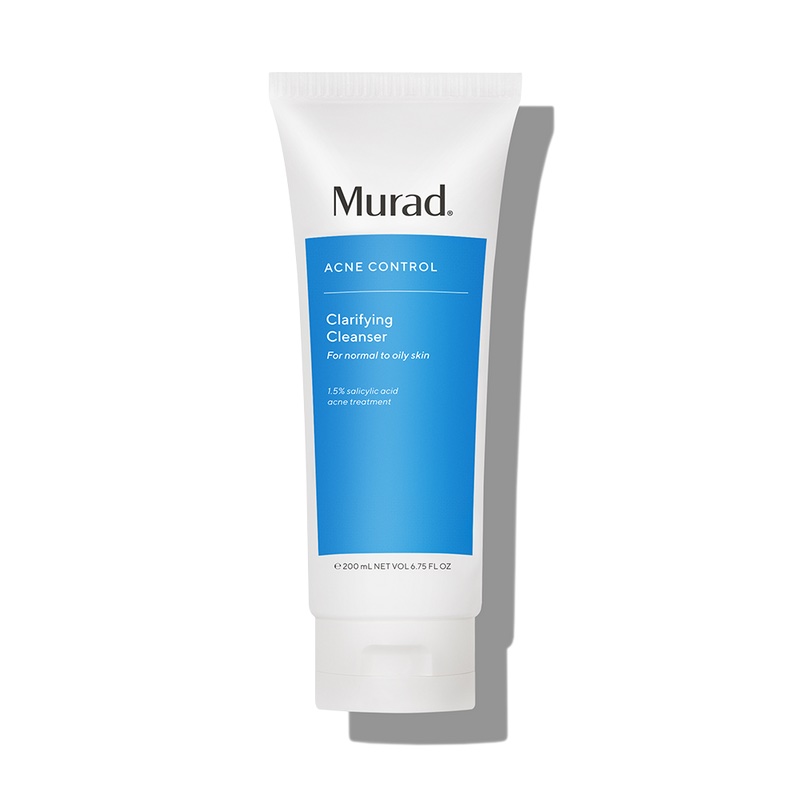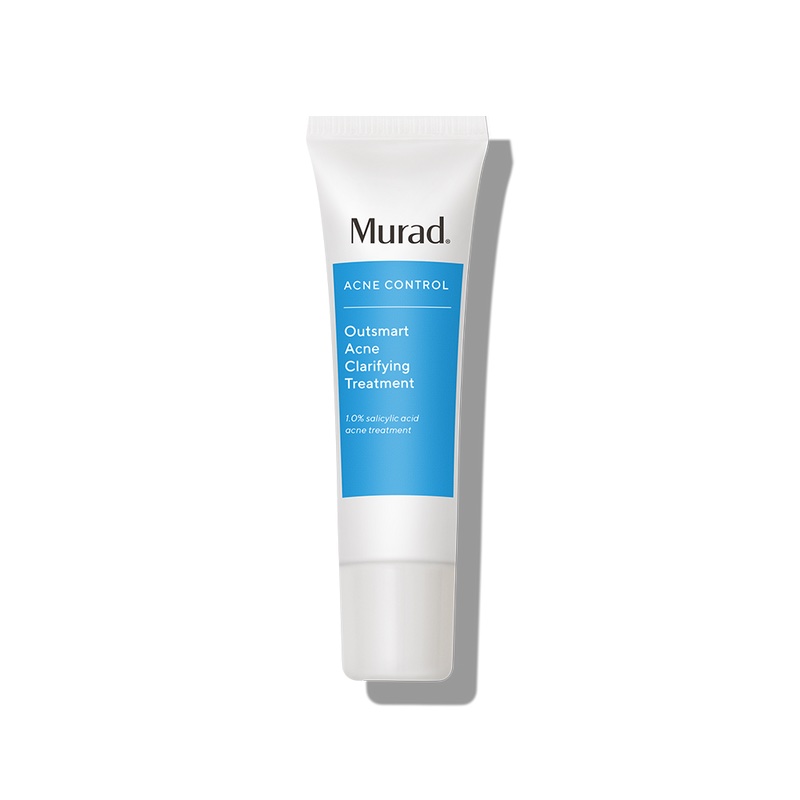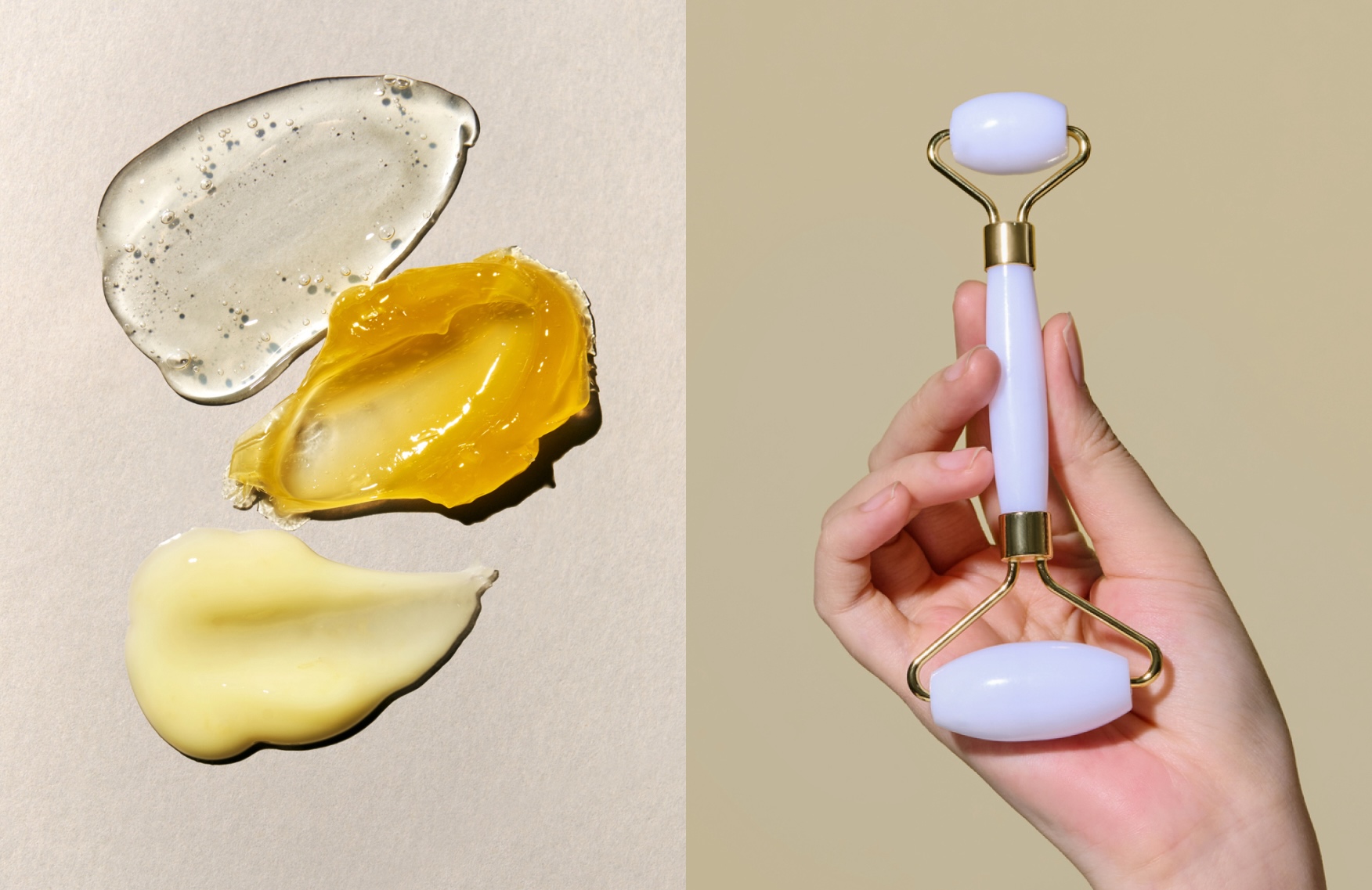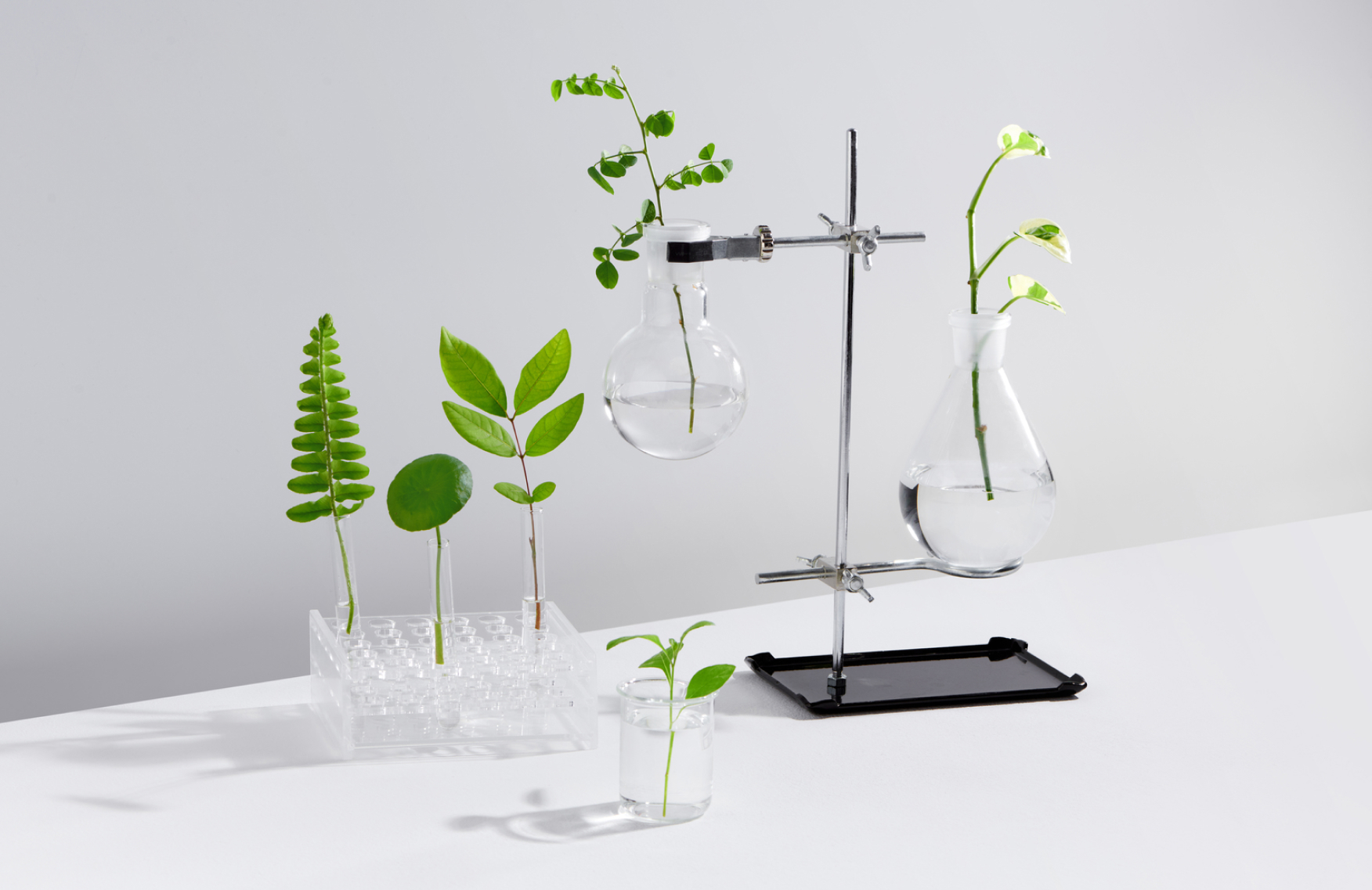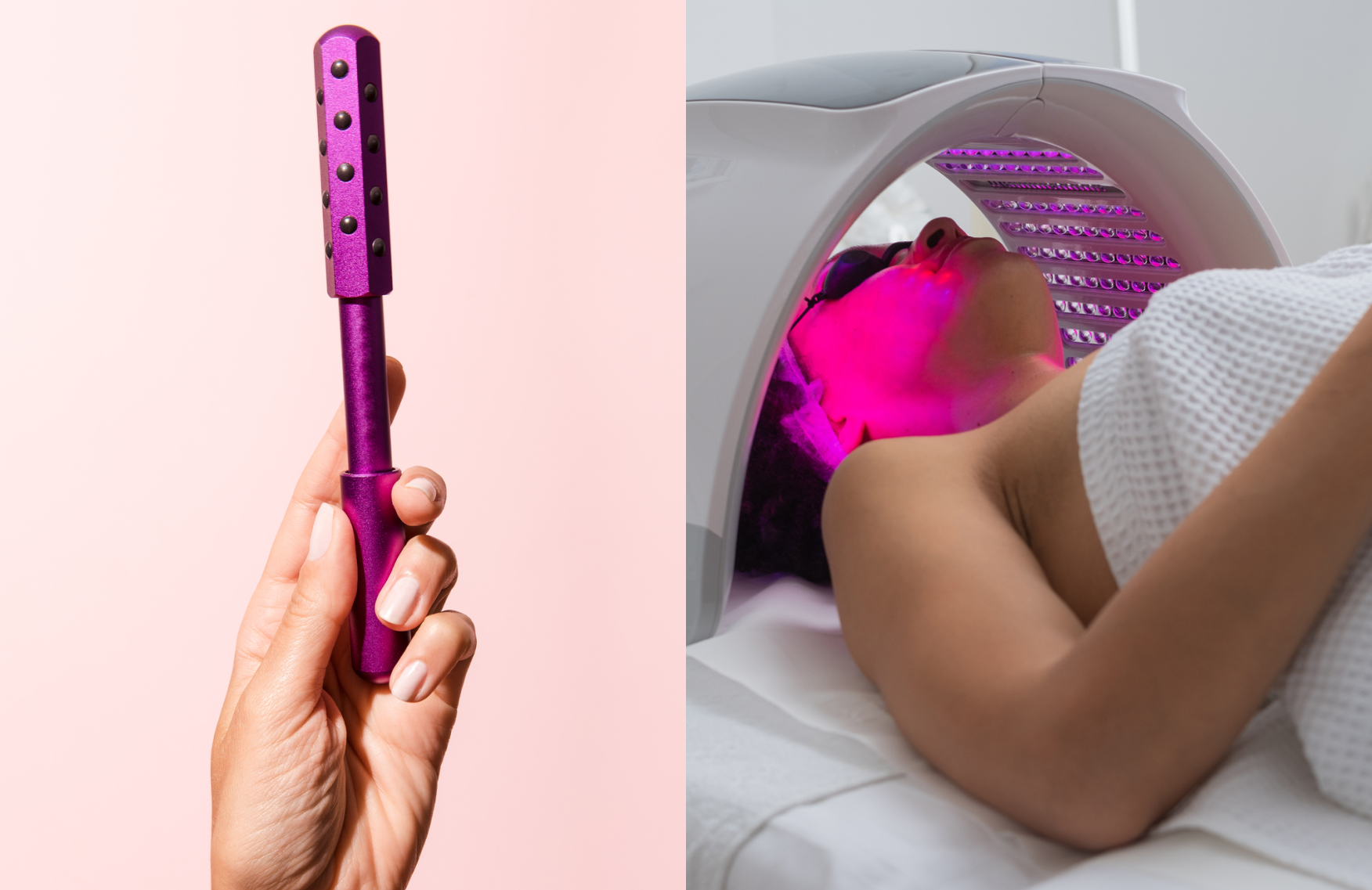Forget flawless: Here’s what the founder of this revolutionary acne acceptance movement wants you to know
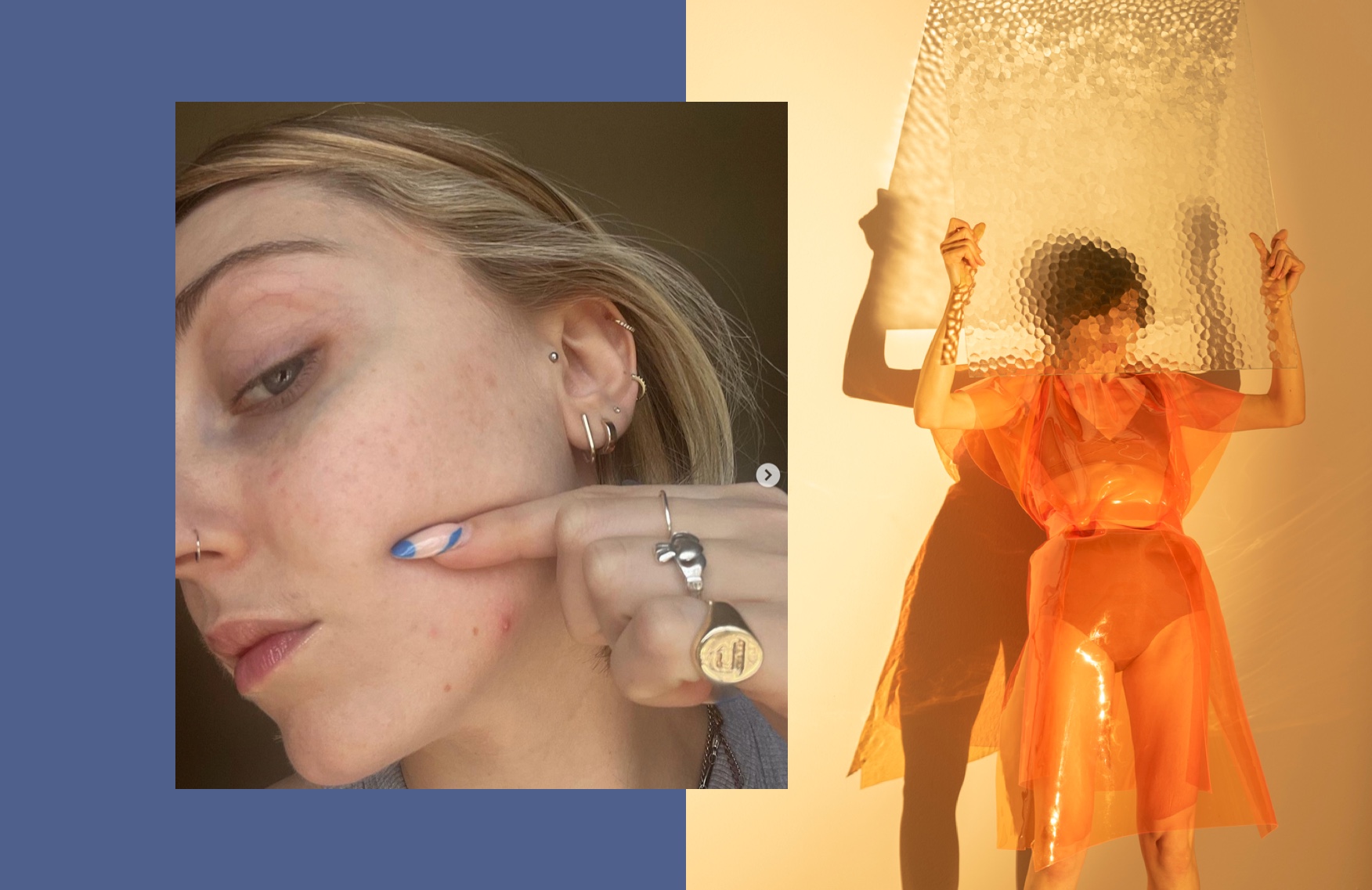
Some people think of acne as a flaw to cover up and hide. But for others, it’s something to celebrate. Meet Lou Northcote, acne influencer and founder of the #freethepimple movement. Being a proud acne sufferer herself, Lou understands firsthand the impact that acneic skin can have on one’s mental and physical wellbeing. In honor of Acne Awareness Month, we sat down with her to get the scoop on her journey with acne, what needs to happen in the beauty industry to help de-stigmatize it and what she can’t live without to manage her own acne.
Well Connected: How has your relationship with acne changed since you started #freethepimple? Would you say being the founder of the movement has freed you in a sense?
Lou Northcote: Yes! After creating the #freethepimple movement, I found a sense of freedom because I didn’t hide my skin anymore. I actually got more confident showing my acne in HD to help others. In turn, their support became a source of strength for me. I don’t know where I would be if I didn’t create the movement. I was in such a bad place before.
WC: Acne awareness has become prevalent enough that there’s now a whole month dedicated to it. We’ve made big strides in acne acceptance, but what else can be done?
LN: It’s amazing to see how far we have come when it comes to speaking about acne and showcasing acneic skin, however it needs to highlighted in the media all the time—not just for a month. We need celebrities to be more vocal and show their real skin or share when they have breakouts. We need influencers to stop using filters for smooth skin. And we need to see more acne in campaigns and covers of magazines!
WC: What are some of the ways you’ve seen the beauty industry change because of acne positivity, and is it here to stay?
LN: The acne positivity and body positivity movements are similar. Some brands treat acneic skin or plus-size bodies as temporary trends when, in reality, they’re here to stay. Some brands are driven by how big of a market acne or size inclusivity is, but refuse to feature representative models. That mindset needs to change.
However, there are also some amazing skincare brands specifically formulated for acne or clothing brands that prioritize size inclusivity, and they aren’t going anywhere. These brands also use real people or models with acne, or plus-size models, so they do actually feature their customer demographic. Representation is so important!
WC: What are the best tips you can give to someone who is suffering from acne and perhaps experiencing bullying, discrimination or lookism as a result?
LN: It’s easier said than done, but please seek help! Don’t suffer alone. That’s exactly why I created #freethepimple—so others, like me, with acne could see people who look like them and are going through the same thing as them.
Search social media for #acne #acnepositivity #freethepimple and reach out to the others posting about their acne. In addition, be kind to your skin and yourself and make sure you use hydrating products. There are so many amazing products for acne now, like pimple patches and Murad’s Deep Relief Acne Treatment. Unfortunately, it’s a lot of trial and error, but you got this!
WC: What are your absolute must-haves for anyone suffering from acne?
LN: A camera to take pictures of your skin! I say this because I never realized how my skin changed over time. It can help when you’re feeling down and see that it’s ok because your skin goes up and down. It can also help with understanding if you think something is factoring in, like when you eat something or have your time of the month, etc. And 100% pimple patches—they are amazing! I wish they came around sooner.
The views expressed in this article do not necessarily represent the views of Murad, and are for informational purposes only, even if the advice of physicians and medical practitioners are included. This article is not a substitute for professional medical advice, diagnosis or treatment, and should not be considered specific medical advice.
